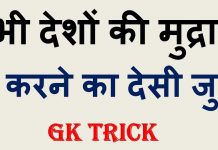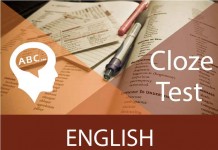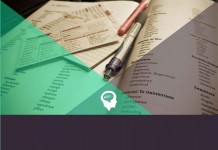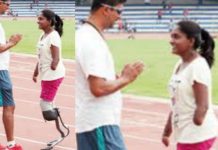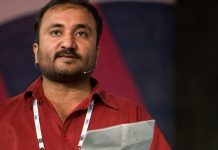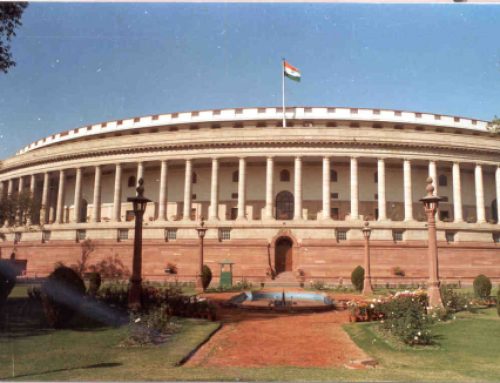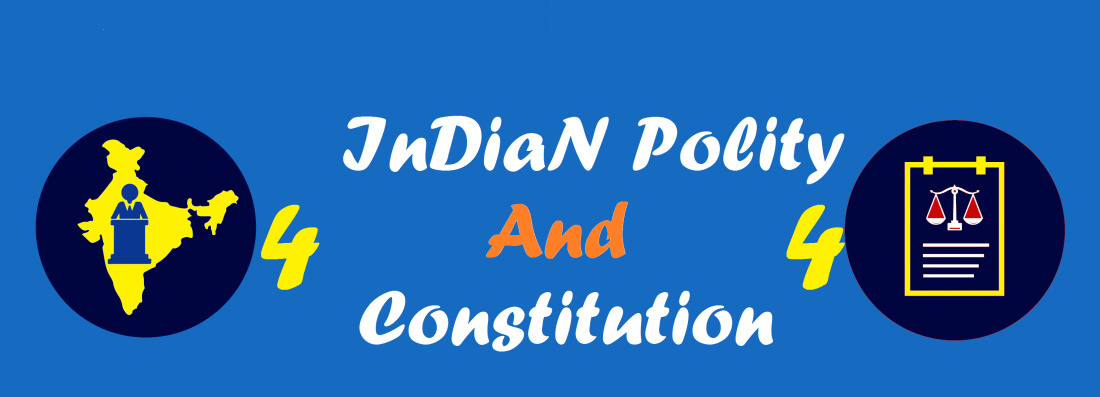Indian Polity and Constitution MCQ Capsule 7
Dear Sehpaathians
We are here with Fifth (6th) MCQ Capsule on Indian Polity and Constitution. The capsule constitutes questions on Parliament, State Legislative and Elections. This capsule is based on Indian Polity and constitution which are an important part of General awareness Section asked in SSC, UPSC. Capsule Consists of 15 Questions
Q1.Which of the following is NOT a Fundamental Right?
(a)Right against Exploitation
(b)Equal pay for equal work
(c)Equality before law
(d)Right to freedom of Religion
Q2.Under the Constitution of India, which one of the following is NOT a Fundamental Duty?
(a) To vote in public elections
(b) To develop the scientific temper
(c) To safeguard public property
(d) To abide by the Constitution and respect its ideals
Q3.Consider the following statements:
The creation of a new State in India from an existing State involves the consent of the—
1. Supreme Court
2. Legislature of the State Concerned
3. President
4. Parliament
Which of the statements are correct?
(a) 1, 2 and 3
(b) 2, 3 and 4
(c) 1 and 4
(d) 1, 2, 3 and 4
Q4.The Estimates Committee
(a) Consists of 30 members appointed by the Speaker
(b) Consists of 15 members each from Lok Sabha and Rajya Sabha
(c) Has its members elected according to the system of proportional representation
(d) Has a Union Minister as its Chairman
Q5.Which of the following are the circumstances under which an elected member of Parliament may be disqualified on the ground of defection?
1. If he voluntarily gives up his membership of a political party
2. If he votes or abstains from voting contrary to any direction issued by his political party without prior permission of the political party
3. If he is expelled by the party for anti-party activities
4. If he joins a political party other than the party on whose ticket he contested and got elected
(a) 1, 2, 3 and 4
(b) 1, 2 and 4
(c) 1, 3 and 4
(d) 2, 3 and 4
Answers (1-5)
1. B 2. A 3. B 4.A 5. B
Q6.The salary of the Speaker of Lok Sabha is fixed by the :
(a) President
(b) Parliament by law
(c) Lok Sabha
(d) Finance Ministry
Q7.In Parliament, the chief spokesman of the government on matters of general policy is the :
(a) Speaker
(b) Prime Minister
(c) Minister of Parliamentary Affairs
(d) Home Minister
Q8.Who decides whether a bill is a Money Bill or not?
(a) Speaker of the Lok Sabha
(b) The President
(c) The Prime Minister
(d) The Parliamentary Select committee
Q9.If a Money Bill passed by the Lok Sabha is not returned by the Rajya Sabha within 14 days, then-
(a) Lok Sabha will reconsider it
(b) Money Bill will be rejected
(c) President will summon a joint meeting of both the Houses to discuss it
(d) The bill will be sent to the President for his signature and consent
Q10.Rashtrapati Bhawan was designed by
(a) Edward stone,
(b) Le Corbusier,
(c) Edwin Lutyens,
(d) Tarun Dutt
Answers (6-10)
6. B 7. B 8. A 9.D 10. C
Q11.Right to property was removed from the list of Fundamental Rights during ?
(a)44 amendments
(b)42 amendments
(c)38 amendments
(d) None of the above
Q12.Article 1 of the Constitution of India declares India as
(a) Federal States
(b) Quasi Federal State
(c) Unitary state
(d) Union of States
Q13.What is ‘Zero Hour’?
(a) When the proposals of the opposition are raised
(b) When matters of utmost importance are raised
(c) Interval between the morning and afternoon sessions
(d) When a Money Bill is introduced in Lok Sabha
Q14.With what subject do the Articles 5 to 11 of the Constitution of India deal?
(a) Indian Union and its territory
(b) Citizenship
(c) Fundamental duties
(d) Union Executive
Q15.How does the Constitution of India describe India as?
(a) A federation of States and Union Territories
(b) A Union of States
(c) Bharatvarsh
(d) A federated nation
Answers (11-15)
11. A 12. D 13. B 14.B 15. B

